Authored by James Howard Kunstler via Kunstler.com,
How might we account for the strange melding of neuroticism and dishonesty that has gripped America’s thinking class since the ascent of Donald Trump as an epically reviled figurehead on our ship of state?
It all seems to come down to shame and failure.
There is, for instance, the failure of America’s leading economic viziers to arrest the collapse of the middle class — and with it, the disintegration of families — that more than anything produced the 2016 election result. What is a bigger emergency: the destruction of all those towns, cities, and lives in flyover-land, or the S & P stock index going down twenty points?
The choice made by the “experts” the past ten years is obvious: pump the financial markets at all costs by using dishonest policy interventions which they are smart enough to know will eventually blow up the banking system. They did it to preserve their reputations long enough to retire out of their jobs. The trouble is that the damage is now so extreme that when the time comes for them to apologize it will not be enough. They will lose their freedom and perhaps their heads.
The neuroticism and dishonesty is exactly what turned two of this country’s most sacred and noble endeavors, higher education and medicine, into disgraceful rackets. Sunday night, CBS 60 Minutescovered both bases in their lead story about how the NYU medical school recently declared its program tuition-free. This great triumph was due to an enormous cash gift from one of the founders of the Home Depot company, billionaire Ken Langone. Nowhere in the broadcast did CBS raise the question as to how the cost of a degree became so outrageous in the first place. Or how Mr. Langone made his fortune by putting every local hardware store in America out of business, which enabled him to capture the annual incomes of ten thousand small business owners and their employees. NYU’s grand gesture is just a way to paper over the shame of the University executives’ role in the college loan racket that may destroy countless lives.
Neuroticism and shame is what drives identity politics with all its weird ritual persecutions and punishments. It was the thinking class that led the civil rights campaign of the 1960s. Here we are fifty years later with dozens of ruined cities, failed public school systems, and prisons stuffed with black men way out of proportion to their actual demographic in the general population (nationally 37 percent versus 13 percent). In California, it’s 29 percent while only 6 percent of the state’s male residents are African American. The favored narrative of the thinking class says that the high incarceration rate is due to unfair application of drug laws for relatively minor offenses, especially being caught holding weed.
Okay, marijuana has been legal in California for several years now. Has that altered the statistics? I guess we’ll find out soon. Is there another explanation? Perhaps disproportionate bad behavior of other kinds: assault, robbery, murder? Perhaps the result of government policies engineered by the thinking class to promote single-parent households with no fathers present for three generations now?
After all this time and all the evidence of how pernicious this condition is, why is there no debate about it? Why is the thinking class so dishonest about the most ruinous ingredient in everyday public schooling: bad behavior, violence, and constant classroom disruption. The thinking classes must be ashamed and appalled by all this, since it appears to contradict all the mighty efforts made to uplift the black underclass. And so what was the most notable response? The Obama Department of Education directed school districts to stop suspending and disciplining black kids who behaved badly because it looked bad, and that policy is still in place. How’s that working out?
The latest appeal among the thinking class to remedy these otherwise intractable and embarrassing problems is the panacea of reparations for the descendants of slaves. Of course, the money spent on social services the past half-century, if simply distributed as cash, would have made every African American a millionaire. Personally, I can’t imagine a worse way of ginning up racial animosity across America to the breaking point than these proposed reparations. We will surely hear more about this in the long slog to the 2020 elections, and it will only make the USA look more insane to the rest of the world.
The thinking class’s position on both legal and illegal immigration is possibly even more cynical — because they surely know how dishonest it is, even through the fog of self-deception. Last week California’s attorney general Xavier Becerra proposed that illegal immigration be decriminalized. Surprisingly, nobody laughed at this extraordinary exercise in casuistry. Meanwhile, the state slides into hopeless insolvency, squalor, and chaos — a reminder that people don’t necessary get what they expect, but rather what they deserve.
RussiaGate, of course, has been the most acute locus of neurotic dishonesty across this land the past two years. The primary information organs of the thinking class — The New York Times, The WashPo, CNN, MSNBC — have not only omitted to apologize for the dangerous hysteria they knowingly propagated, but they persist in supporting the matrix of fantasies at all costs in what must now be seen as a hopeless attempt to preserve their reputations and perhaps even their livelihoods. The repudiation of this nonsense by chief inquisitor Robert Mueller could not be more absolute, even if he was compelled by reality against his own wishes and instincts to do it.
And now, what avenue will all this diseased animus of the thinking class go down in its destructive, shame-fueled frenzy to justify itself?
via ZeroHedge News http://bit.ly/2IkJHvp Tyler Durden

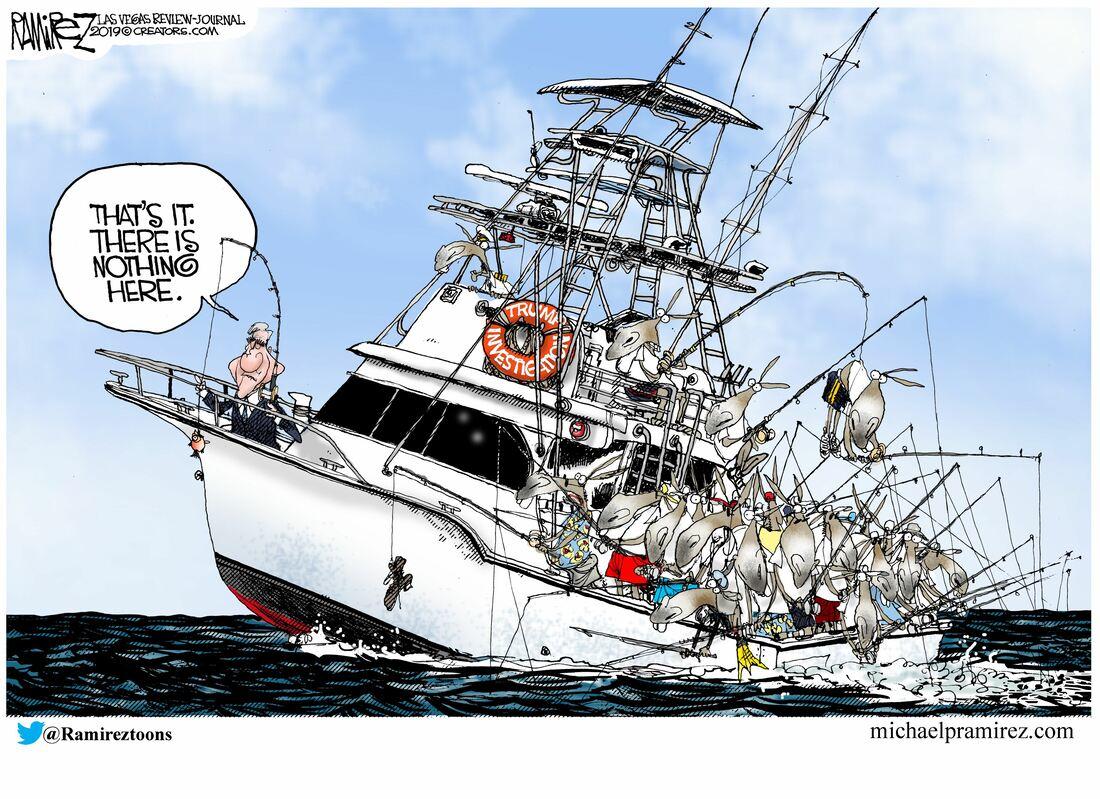
 The United Kingdom appears to be following in the footsteps of the European Union and
The United Kingdom appears to be following in the footsteps of the European Union and 
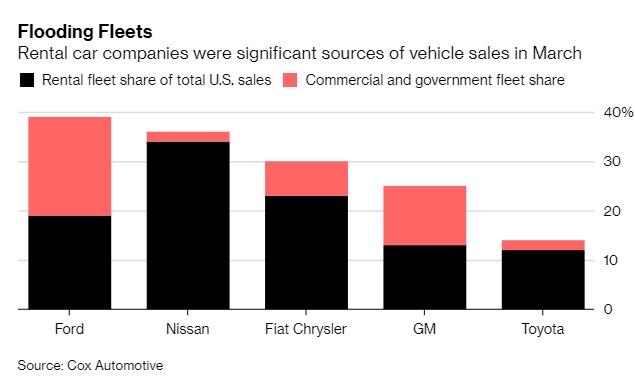
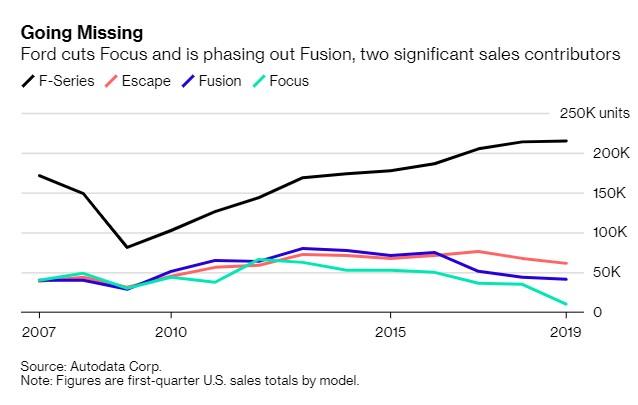

 The Trump administration said today that it is designating a powerful Iranian paramilitary organization as a foreign terror group.
The Trump administration said today that it is designating a powerful Iranian paramilitary organization as a foreign terror group.


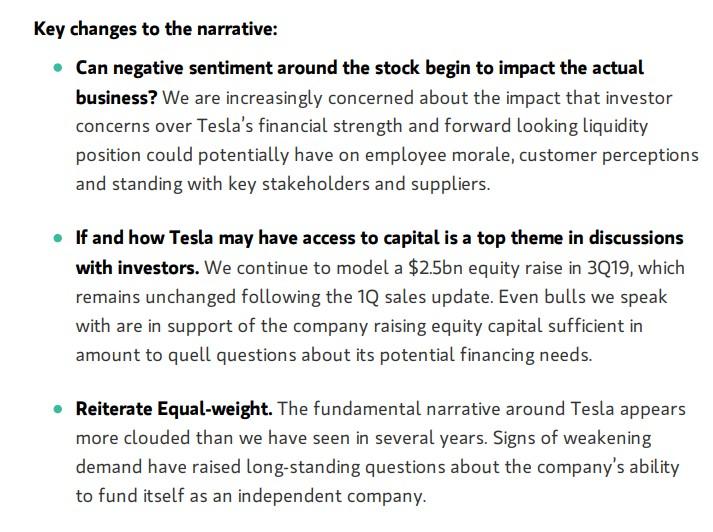


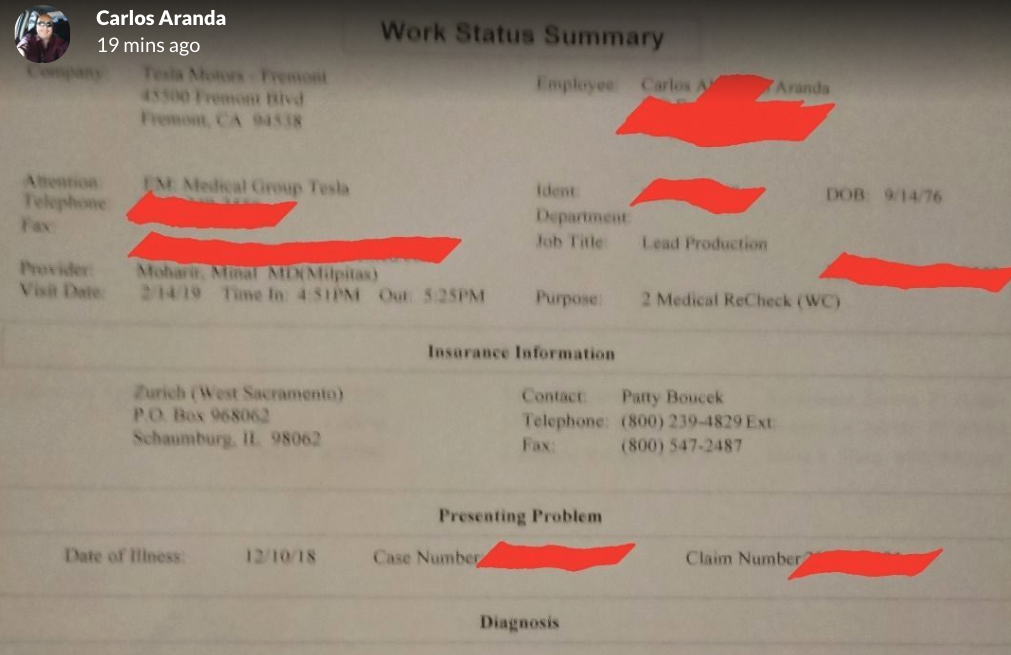

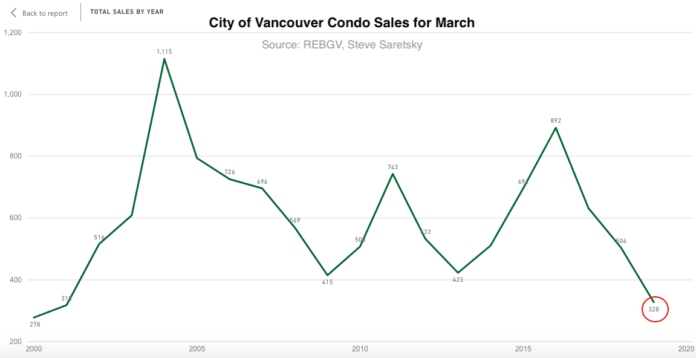

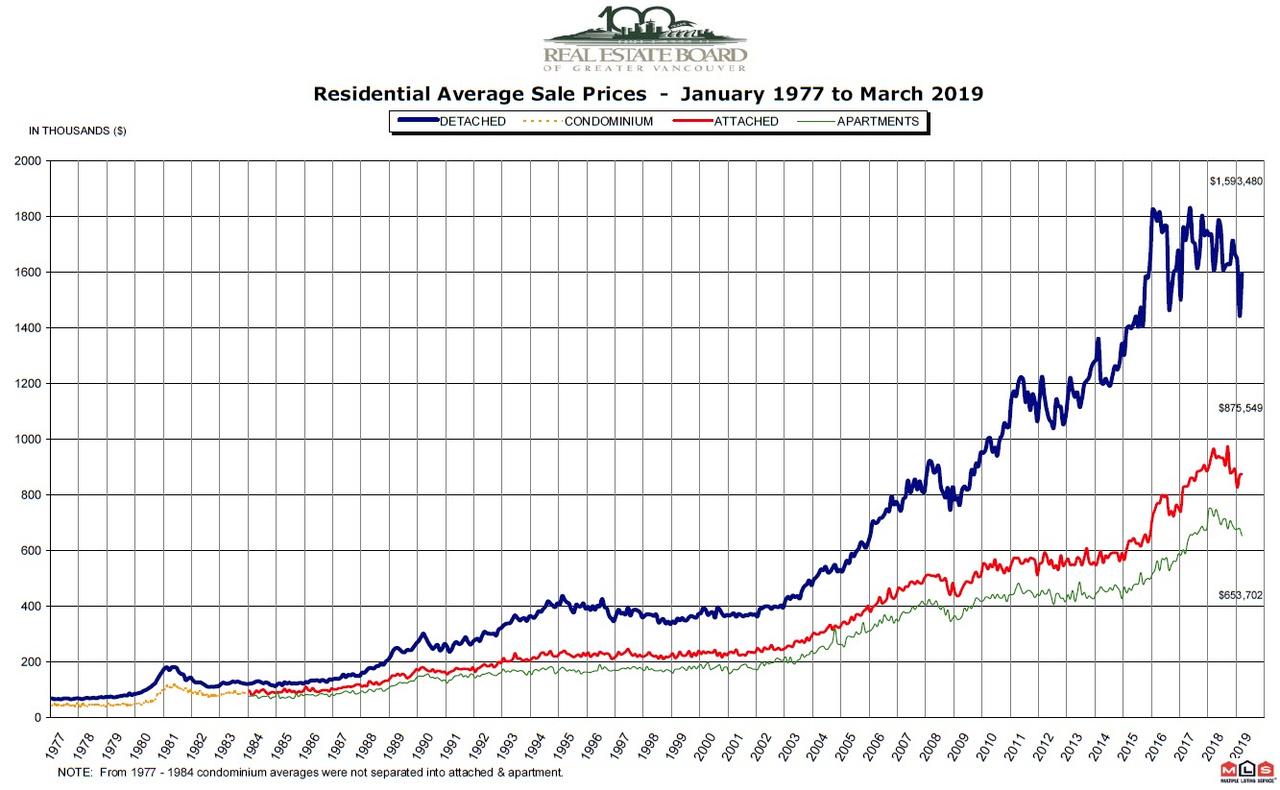

 A coalition of California local governments is suing the state’s top marijuana regulator for legalizing the home delivery of recreational cannabis.
A coalition of California local governments is suing the state’s top marijuana regulator for legalizing the home delivery of recreational cannabis.